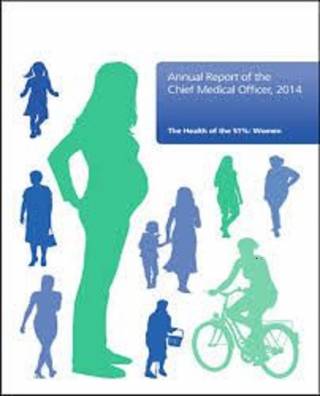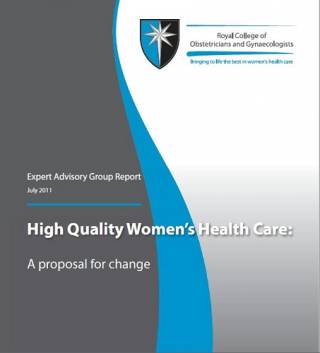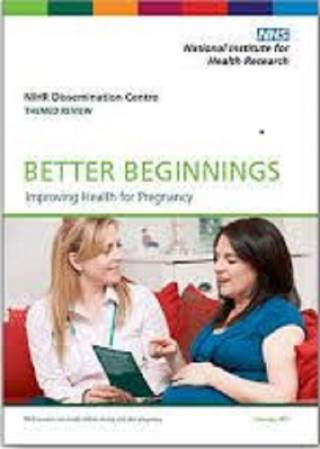Our Work
The research group has attained an international reputation for research into SRH care and policy.



Our research into preconception health and care, the need to consider the spectrum of Pregnancy Planning, Preparation and Prevention (Hall 2015) gave rise to a chapter in the Chief Medical Officer’s Annual Review of Women’s Health (2014), an invited series of papers for Lancet on this topic and to working with Public Health England on making the case for preconception care. The NIHR Themed Review ‘Better Beginnings – Improving Health for Pregnancy’ (2017) also highlights our research in this area.
- VESPA

This project aimed to investigate ‘Variations in the organisation of Early Pregnancy Assessment Units [EPAUs] in the United Kingdom and their effect on clinical, service and patient-centred outcomes’. It was funded by the National Institute for Health Research and led by Mr Davor Jurkovic. As part of a large, multi-site, national study, data were collected from over 6000 women who attended EPAUs across the UK in 2016/7. This was followed by one to one interviews with 39 women to investigate their satisfaction with and experiences of using the EPAU. This part of the work was being led initially by Dr Barrett and then by Dr Jennifer Hall. The interviews explored key trends and patterns in women’s experiences of the service provided and led to a series of recommendations as to how services could improve women’s satisfaction with their care. The information from these interviews was integrated with the findings of the other parts of the VESPA project, including workforce modeling, health economics and clinical outcomes to make recommendations on the structure and provision of care at EPAUs across the UK. The qualitative findings are being submitted in two papers and the overall project report can be found here:
Memtsa, M., Goodhart, V., Ambler, G., Brocklehurst, P., Keeney, E., Silverio, S., ...Hall, J. (2020). Variations in the organisation of and outcomes from Early Pregnancy Assessment Units: the VESPA mixed-methods study. Health Services and Delivery Research, 8 (46), 1-138. doi:10.3310/hsdr08460
- Project - PHE models of Preconception Care
Dr Jennifer Hall, on behalf of the UK Preconception Partnership and working with Prof Stephenson, Dr Geraldine Barrett at UCL and Dr Danielle Schoenaker at University of Southampton, has been awarded a grant from Public Health England to explore the evidence for different models of community based preconception care. This will include a literature review, stakeholder engagement and user participation, the latter of which will be conducted in collaboartion with Tommy’s.
 Close
Close

